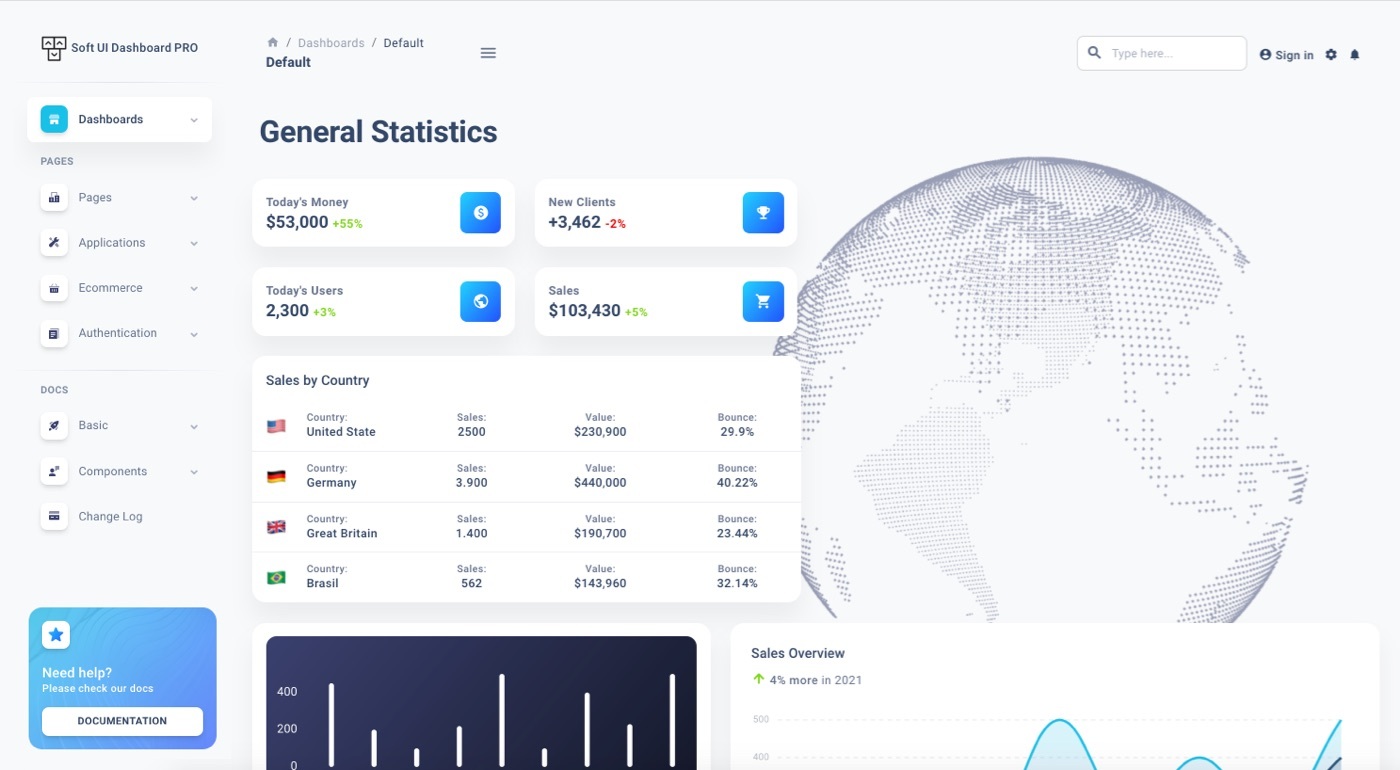物联网卡买卖:Why a Data Plan is Necessary for Supply Chain Management
Why a Data Plan is Necessary for Supply Chain Management
In today's fast-paced and highly competitive business environment, supply chain management plays a critical role in ensuring the efficient and effective flow of goods and services from suppliers to customers. To achieve this, businesses need to have access to accurate, timely, and relevant data to make informed decisions and optimize their supply chain operations. A well-structured data plan is essential for gathering, managing, and analyzing data to gain valuable insights into supply chain performance. This article explores the significance of a data plan in supply chain management and highlights the key benefits it offers to businesses.
Data as the Foundation for Effective Supply Chain Management
Data is the cornerstone of effective supply chain management. It provides businesses with valuable information about their suppliers, customers, products, and logistics operations. By leveraging data, companies can gain insights into various aspects of their supply chain, including:
Demand Planning: Data helps businesses forecast customer demand accurately, enabling them to optimize production and inventory levels.
Supplier Performance: Businesses can track and evaluate the performance of their suppliers based on factors such as delivery reliability, quality, and cost.
Logistics Efficiency: Data allows companies to analyze the effectiveness of their transportation and warehousing operations, identifying areas for improvement and cost reduction.
Inventory Management: Data helps businesses maintain optimal inventory levels, minimizing the risk of stockouts and reducing carrying costs.
Customer Satisfaction: Businesses can use data to monitor customer satisfaction levels and identify areas where improvements can be made to enhance the overall customer experience.
The Role of a Data Plan in Supply Chain Management
A data plan serves as a roadmap for collecting, managing, and analyzing data in a structured and systematic manner. It ensures that the right data is gathered from the appropriate sources and that it is accurate, consistent, and accessible to decision-makers. The key components of a data plan typically include:
Data Sources: Identifying the various sources of data relevant to supply chain management, such as internal systems, external data providers, and customer feedback mechanisms.
Data Collection Methods: Specifying the methods used to gather data, such as manual data entry, automated data collection tools, and surveys.
Data Storage and Management: Establishing a centralized data repository and implementing data management practices to ensure data integrity, security, and accessibility.
Data Analysis Techniques: Outlining the analytical techniques used to extract meaningful insights from data, such as descriptive statistics, predictive analytics, and machine learning algorithms.
Data Visualization: Creating visual representations of data, such as charts, graphs, and dashboards, to facilitate easy interpretation and decision-making.
Benefits of a Data Plan in Supply Chain Management
Implementing a comprehensive data plan can provide numerous benefits to businesses, enabling them to enhance supply chain performance and gain a competitive edge. These benefits include:
Improved Decision-Making: A data-driven approach to supply chain management enables businesses to make informed decisions based on facts and evidence rather than relying on intuition or guesswork.
Increased Efficiency: By analyzing data, businesses can identify inefficiencies and bottlenecks in their supply chain, allowing them to implement targeted improvements and streamline operations.
Reduced Costs: Data-driven supply chain management can help businesses reduce costs by optimizing inventory levels, improving logistics efficiency, and negotiating better terms with suppliers.
Enhanced Customer Satisfaction: By leveraging data to understand customer needs and preferences, businesses can tailor their supply chain operations to deliver a superior customer experience.
Improved Risk Management: Data enables businesses to identify and assess supply chain risks, such as disruptions, delays, and quality issues, allowing them to develop mitigation strategies and ensure business continuity.
Innovation and Agility: A data-driven supply chain can provide businesses with the insights needed to innovate and adapt to changing market conditions, enabling them to stay ahead of the competition.

Conclusion
A data plan is a vital tool for supply chain management, providing businesses with the foundation for data-driven decision-making and enabling them to optimize their supply chain operations for improved performance, reduced costs, and enhanced customer satisfaction. By collecting, managing, and analyzing data effectively, businesses can gain valuable insights into their supply chain and make informed decisions that drive success and create a competitive advantage. As the business landscape continues to evolve, the importance of data and data analytics in supply chain management will only grow, making a data plan an essential investment for businesses looking to thrive in today's digital economy.
